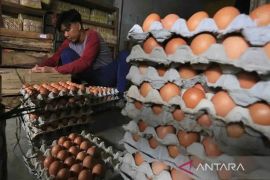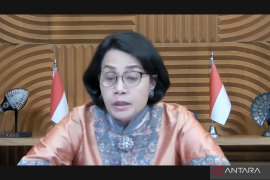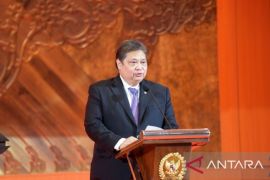After attending INDEFs discussion at the Trilogy University, Jakarta, on Wednesday, Agus stated that the volatility in inflation witnessed in the first week of July, which was forecast at 1.2 percent, has led to an inflation of one percent in the last week of July.
Agus remarked that BI had also anticipated the impact of La Nina phenomenon, which could affect the food prices that were often volatile.
In addition, Agus was concerned whether the policy adjustment in electricity prices for the 900 volt-ampere customer category would have an impact on the inflation.
"When it is done, it helps fiscal and also helps to finance our energy sector, though also putting pressure on the inflation," Agus pointed out.
However, he noted that the general inflation remained in line with the target of four, give or take one percent.
Agus affirmed that the inflation rate could be kept under control due to several factors, such as the surplus in the balance of payments, increasing household purchasing power, and the rising Indonesian export commodity price index.
Agus said the commodity prices that had continued to fall over the last few years had started showing signs of improvement.
"We have observed that the dip in commodity prices has slowed, going from a six percent drop to only a four percent drop, so there are signs of improvement, as they do not continue to fall. The price of palm oil has improved, while coal prices have also shown a slight improvement," he added.(*)
Editor: Heru Purwanto
Copyright © ANTARA 2016











